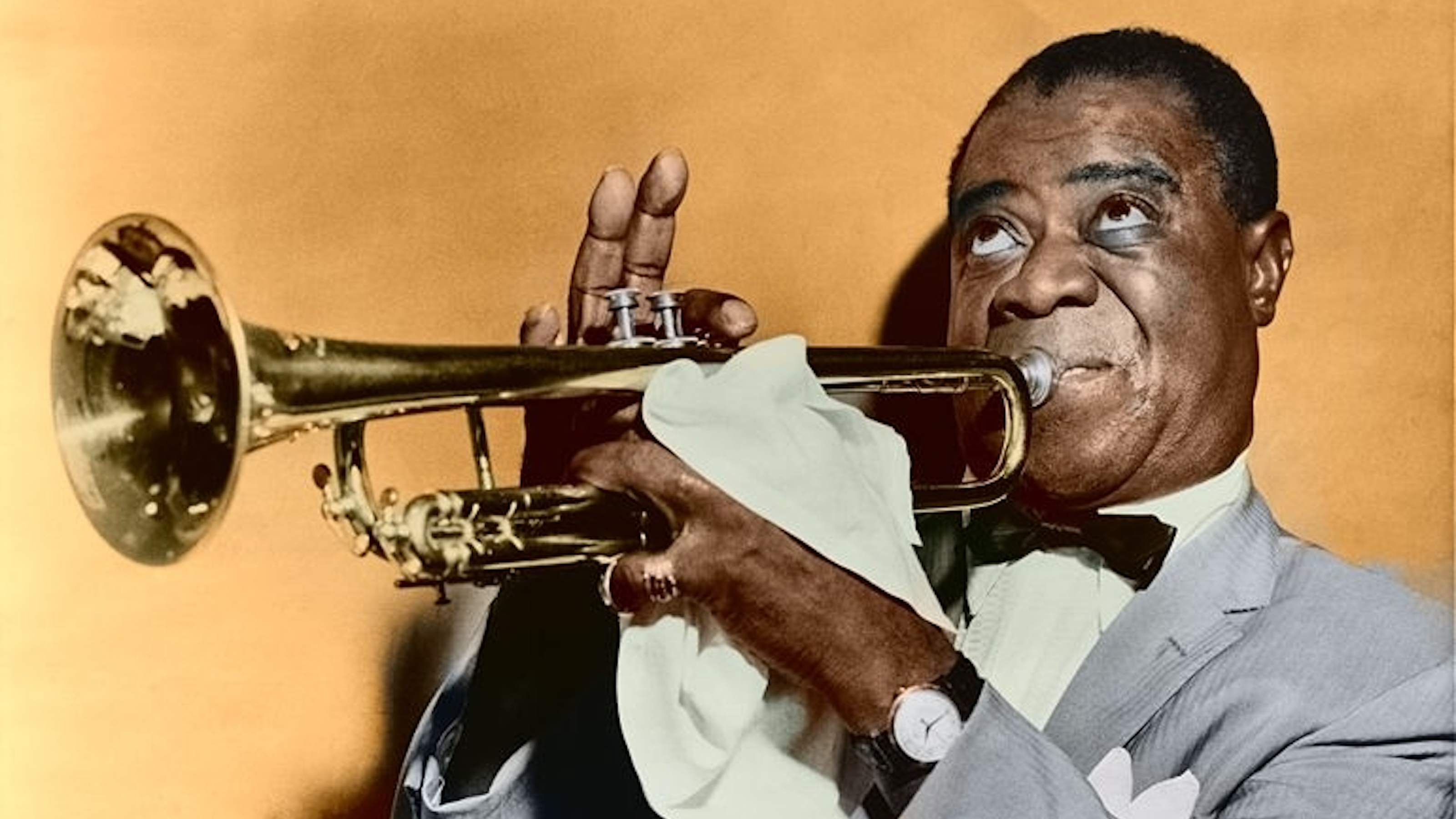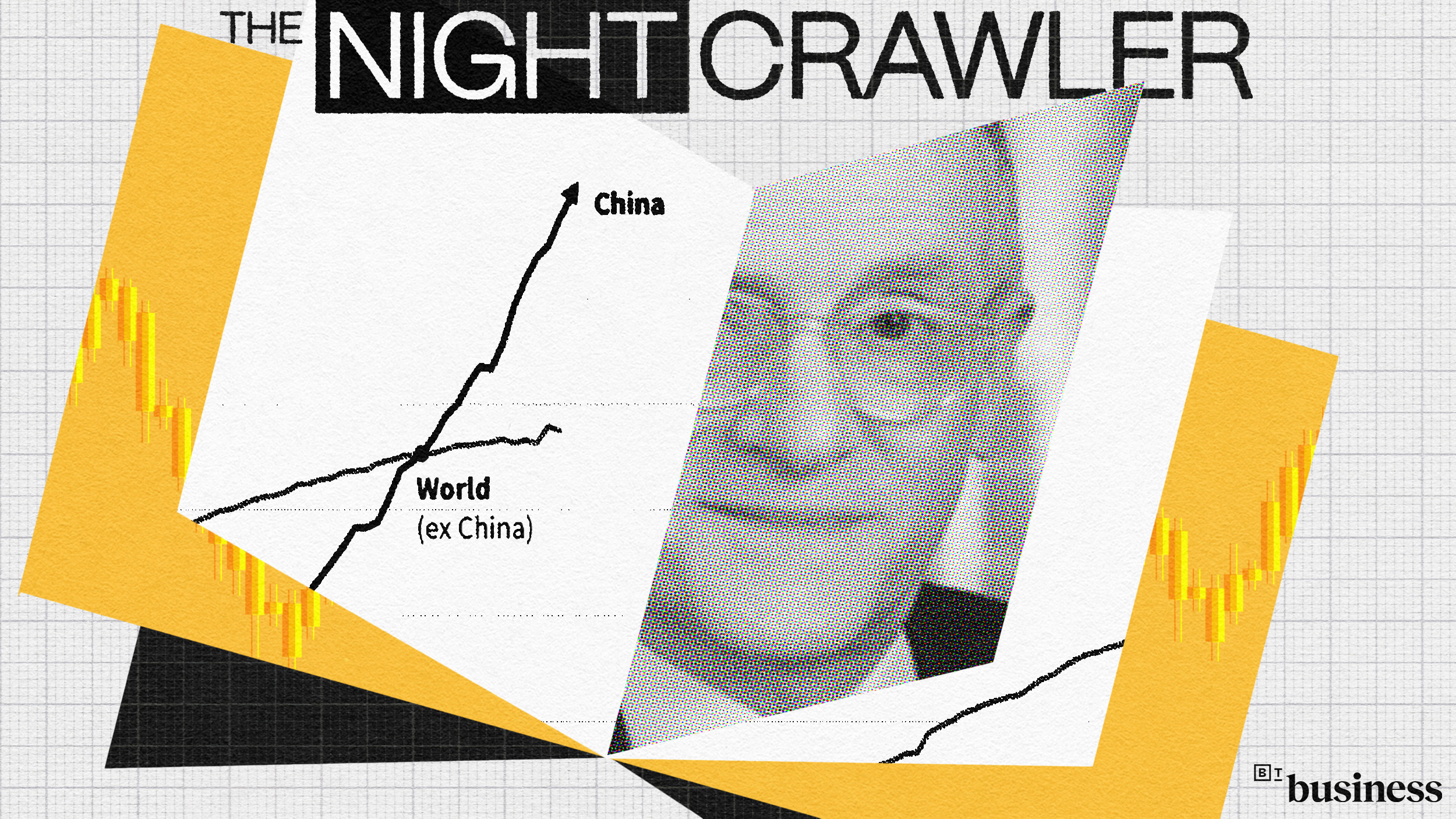How two “razors” can help you make smarter decisions

- When reading the news — or picking up an idea — it’s important to think about where you first heard the information.
- The “Early-Late Razor” and the “Smart Friends Razor” ask us to be more attentive to our information sources.
- Here we look at three ways to apply these diagnostic razors to our daily working lives.
There are many ways to mark someone’s age. You can tell by the lines on their face or their gray-hair count (or their no-hair count). You can watch how delicately they sit down and how loudly they groan when doing so. But one of the surest ways to tell someone’s age is to see what memes they share.
When I was a teacher, my students used to show me viral videos of strange dances, to strange music, and using strange words. They were funny enough, but utterly alien to me. Inversely, whenever my dad comes to visit, he’ll show me a “funny photo you’ll like, Jonny.” He’ll pull me aside, pass his phone, and wait for my inevitable guffaw. Almost without fail, I’ll already have seen the photo. Most of the online world would have seen the photo. The meme is probably years old. But, yielding to the old man’s expectant face, I’ll fake laugh like Laurence Olivier at his best.

Behind this tale of memes and old people is a surprisingly insightful and hugely practical tip we can use in our daily lives. It’s all about being more conscious of where we hear certain things.
If they’re saying it, it must be good
In April last year, the writer George Mack introduced us to the idea of the “Early-Late Razor.” As Mack put it, “If it’s a talking point on Reddit or Twitter, you might be early. If it’s a talking point on LinkedIn or Facebook, you’re definitely late.” In other words, be vigilant about where you are reading something; the source of an idea will often tell you just as much as the idea itself.
For a lot of people wired into the social media machine, they’ll use different websites for different things. If there’s a story about a riot somewhere, for example, you’ll probably turn to X. A traditional newspaper might run a story about what happened, but it’s hardly fresh and on the pulse. Of course, if you’re looking for something quality and time-tested, you’re not going to find it in the “sort by new” timeline on Reddit. You’ll find that written by intelligent and erudite commentators on Substack or on LinkedIn and Facebook, once the dust has settled. There is nothing wrong with old news. In fact, it’s often more thoughtful than the knee-jerk bulletins. They’re just different things.
Similar to the “Early-Late Razor” is the “Smart Friends Razor.” Like the “Early-Late Razor,” this is about being attentive to where you hear something. In this case, if all of your intelligent friends are talking about something, it’s probably worth talking about. If everyone you respect and trust is focusing on a certain topic, that’s a good indicator that you ought to be too. This might have to do with a bet to place or wisdom to take. It could be about good cars to drive, good places to go on holiday, or good TV shows to watch. This doesn’t mean you should follow the crowd. It means you should follow the smart crowd.
How to use a razor
When philosophers or writers use “razors” they are referring to diagnostic tools used to evaluate ideas. A razor is a good way to recognize what’s valuable and to shave away the nonsense or chaff. So, how can we apply these two razors in our daily work environments?
Know who to ask. At my last job, there was Patrick. Patrick was a fairly short, middle-aged man who was unfailingly lovely. And almost everyone emailed Patrick. This was because Patrick was the man who knew things. He knew the gossip from the Christmas party, and he knew the obscure company bylaws found on page 38 of the employee handbook. He was a directory, an encyclopedia, and HR all rolled up in a suit. Every company has a Patrick. One of the most important aspects of being a productive and happy worker is knowing who to speak to about what. Ask around. Test the waters. Get Patrick’s number.
Follow the trends. It’s easy to roll your eyes at viral videos and gape unbelievably at some latest trend, but for almost all businesses out there, this is an opportunity. And so, you should use TikTok, Instagram, and Reddit to identify these opportunities. Of course, there will always be a section of society that sneers at “jumping on the bandwagon,” and that Steve Buscemi meme will likely rear its head. But according to a 2014 paper by Paniagua et al., social media is an invaluable tool, giving free data on billions of people and their spending habits. In the paper, the team isolates four effective ways on-the-pulse social media can improve a business: “social capital, customers’ revealed preferences, social marketing, and social corporate networking.”
Bet on the tortoise . The “Early-Late Razor” is not an evaluative statement but rather a statement of fact — it’s saying that some places are good for fast news and others are good for slow, older news. The same is true for your business decisions. Not everything needs to be done instantly. Unless you’re an ER doctor, you probably have some time to sit on things a bit before acting on them. In fact, slowing down to reflect on things and do things properly will often yield incredible results. Over on Big Think+, former kidnapping negotiator for the FBI, Chris Voss, puts it like this: “There’s often a rush to push things forward quickly. However, as counterintuitive as it may seem, slowing down can actually save time and yield better results.” Check out his three pieces of advice to “maximize outcomes and minimize costly mistakes.”





